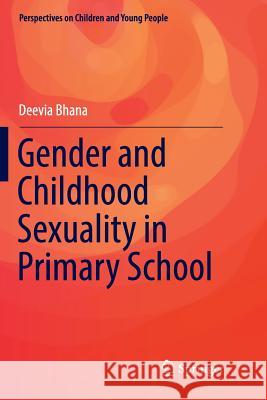Gender and Childhood Sexuality in Primary School » książka
topmenu
Gender and Childhood Sexuality in Primary School
ISBN-13: 9789811095702 / Angielski / Miękka / 2018 / 229 str.
Kategorie:
Kategorie BISAC:
Wydawca:
Springer
Seria wydawnicza:
Język:
Angielski
ISBN-13:
9789811095702
Rok wydania:
2018
Wydanie:
Softcover Repri
Ilość stron:
229
Waga:
0.34 kg
Wymiary:
23.39 x 15.6 x 1.3
Oprawa:
Miękka
Wolumenów:
01
Dodatkowe informacje:
Wydanie ilustrowane











